Cartographie des circuits courts de la pêche artisanale
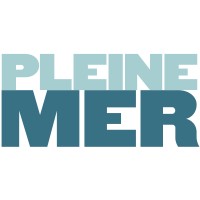
Cartographie des circuits courts de la pêche artisanale
Pêche responsable. Le pari de William Macke
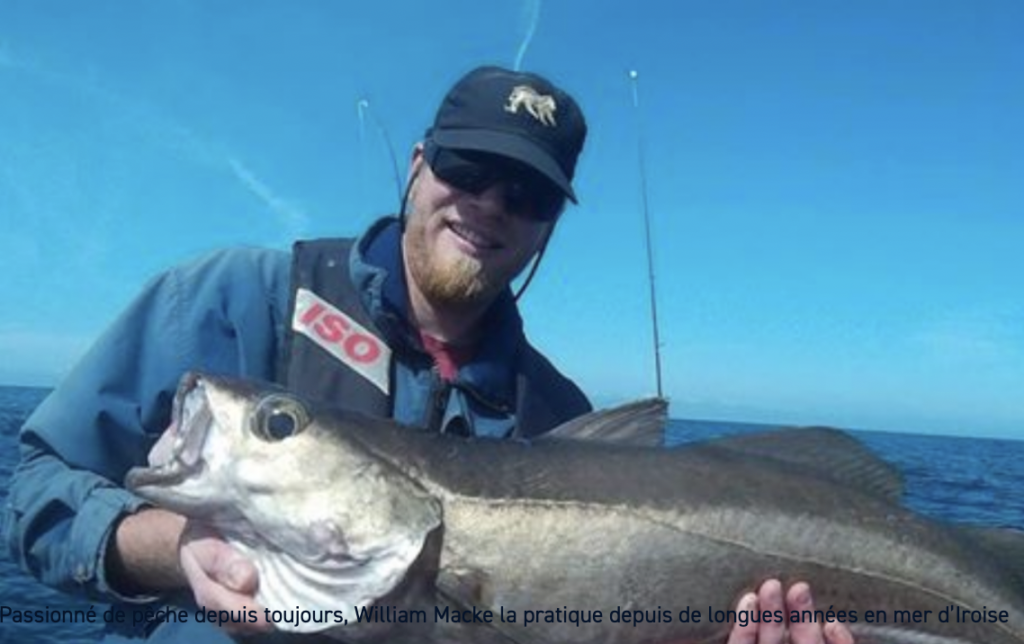
Passionné de pêche depuis toujours, William Macke la pratique depuis de longues années en mer d’Iroise en tant que plaisancier. L’année dernière, il a décidé de franchir le pas et de faire une demande de congé individuel de formation pour passer un certificat de patron pêcheur sur un bateau de moins de neuf mètres en pêche côtière…
Situating Small-Scale Fisheries in the Global Struggle for Agroecology and Food Sovereignty
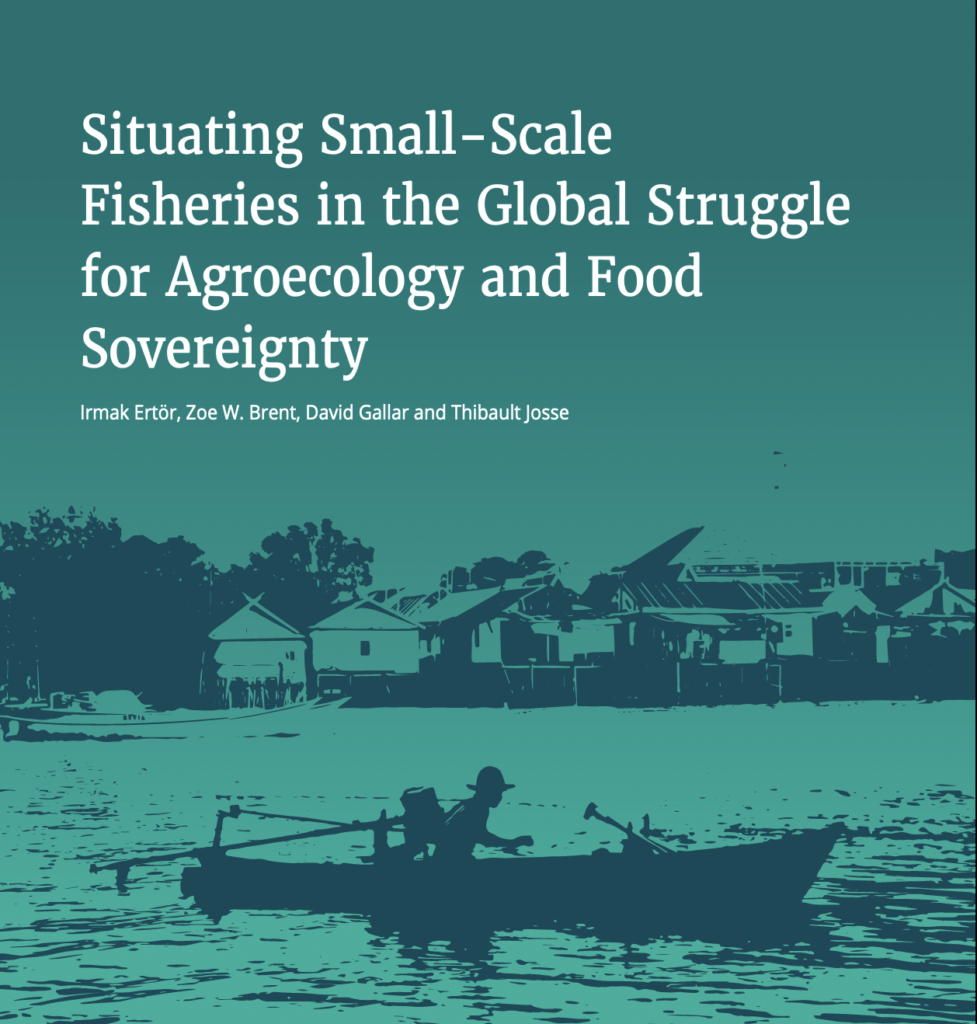
This report explores the politics and practices in small-scale fisheries that form part of the global struggle for agroecology and food sovereignty. It first frames the political context and explains the challenges facing small-scale fisher (SSF) initiatives and communities as well as how fishers are organised in order to confront these. It goes on to map the recent articulation of agroecology and food sovereignty with SSF initiatives and shows how alternative food systems that include fisheries are situated in relation to food sovereignty and other allied struggles. It links fishers’ realities and struggles to three key debates within mobilisations in support of food sovereignty by focusing on local-level insights. Irmak Ertör, Zoe W. Brent, David Gallar and Thibault Josse
From Vegetable Box to Seafood Cooler
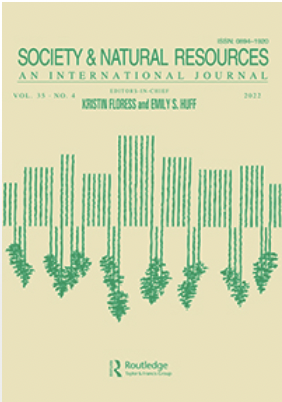
From Vegetable Box to Seafood Cooler: Applying the Community-Supported Agriculture Model to Fisheries Lisa M. Campbell , Noëlle Boucquey , Joshua Stoll , Henry Coppola & MartinD. Smith Community-supported fisheries (CSF) projects show signs of rapid growth. Modeled on community-supported agriculture (CSA) projects, CSFs share objectives of reducing social and physical distance between consumers and producers and re-embedding food systems in social and environmental contexts. This article offers a comparison of CSF and CSA, situated in the differences between seafood and agricultural products, and fishing and farming. We draw on economic and resource theory, past research on CSA, and a member survey from a case study CSF. Survey results show CSF members are interested in accessing high-quality,fresh, local seafood, and in supporting fishing communities, and they believe that participating in a CSF achieves both. They are less certain that a CSF can address environmental concerns, and few identify environmental motives as their primary reason for participating. The latter contrasts with CSA research results, and we contextualize these findings in our broader comparison.
How do Communities Support Fisheries?
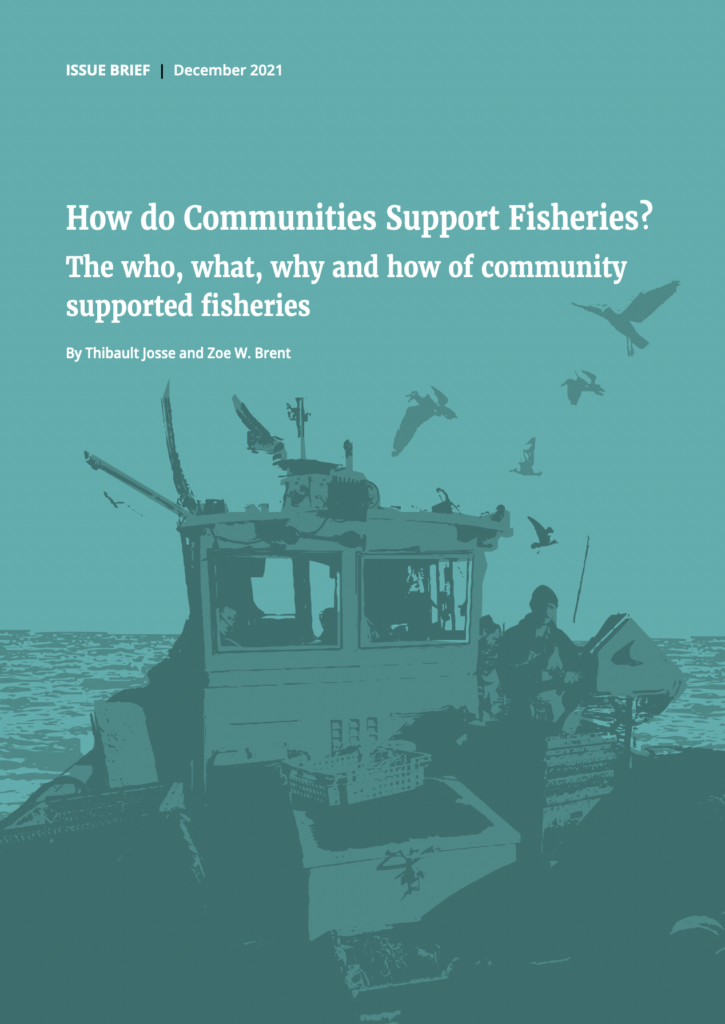
The who, what, why and how of community-supported fisheries How citizens can support fishermen (impact on food systems and the environment, understanding of different types of fisheries, seasonality and proximity, access to resources and processing): an important manual on how communities support fisheries has been produced through close cooperation between Urgenci and TNI. By Thibault Josse and Zoe W. Brent
Social FISHtancing – Community Supported Fisheries Podcast episode
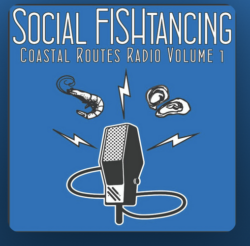
We have featured community-supported fisheries (or CSFs) frequently in this podcast, especially since this fisheries model has shown remarkable resilience in the wake of COVID19. In this episode, we welcome guest co-host Dr. Joshua Stoll from the University of Maine, who is also a co-founder of the Local Catch network. We talk with Josh about what CSFs are, where they came from, and what they do, and hear from a variety of CSF models. We also feature some important critiques of CSFs, and explore how they are changing in a pandemic world. Featured in this episode: Linda Behnken of Alaskans Own (https://alaskansown.com/) Marsh Skeele of Sitka Salmon Shares (https://sitkasalmonshares.com/) Alan Lovewell of Real Good Fish (https://www.realgoodfish.com/) Dan Donovan of Hooked Inc. (hookedinc.ca/) Ben Martens of Maine Coast Fishermen’s Association (https://www.mainecoastfishermen.org/)
Principles of Teikei
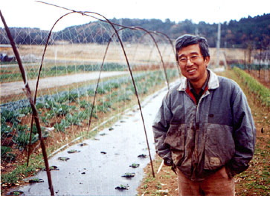
Article on the principles of Teikei.
Pitch Pleine Mer – Rencontres Associations et Philanthropes 2020
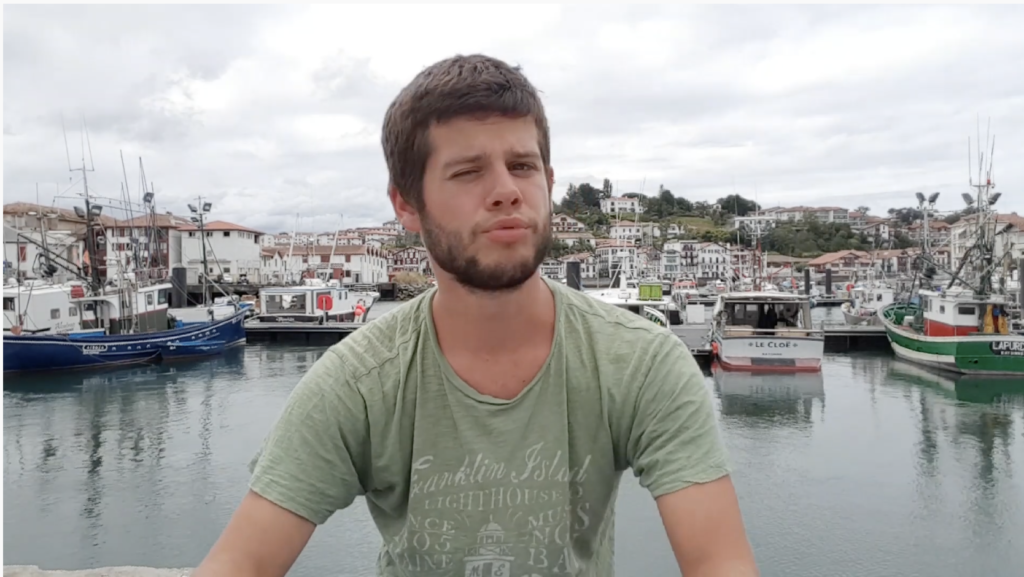
L’association Pleine Mer présente en avant-première son projet “Pêche Locale” pour lequel elle recherche des fonds à l’occasion des Rencontres Associations et Philanthropes 2020.
A Fish Story: Frozen is Fresh
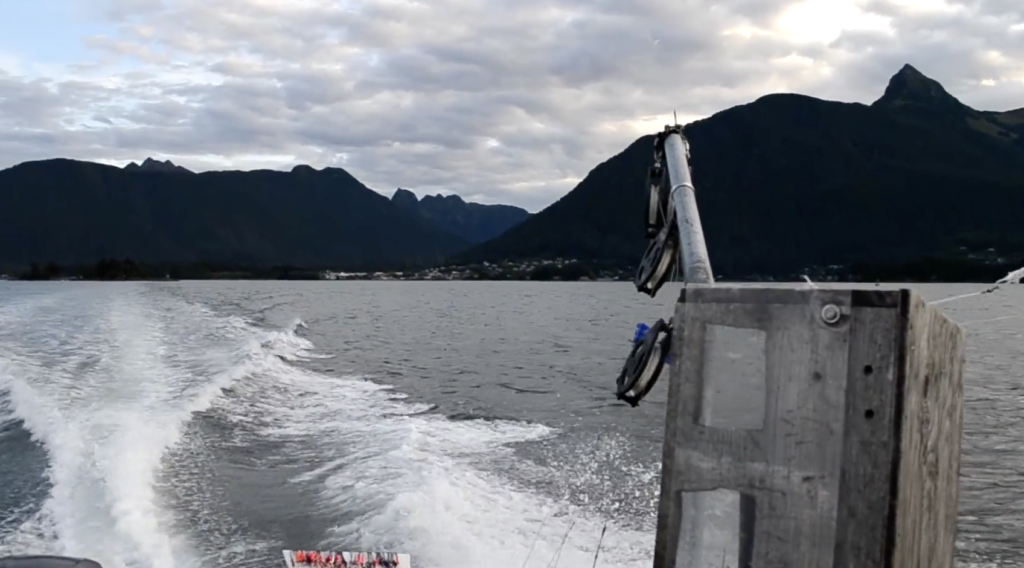
Alaskans Own is working to dispel common misconceptions about frozen seafood- based on a new tool that can actually measure seafood freshness and a study conducted by Ecotrust, we now know that blast frozen fish is often as good or higher quality as fresh fish available at your local grocery store- and, frozen fish is less likely to go to waste, has a lower carbon footprint, and creates a more stable, less volatile fish market, especially for small boat fishermen. Modelled after popular Community Supported Agriculture (CSA) programs, CSFs allow customers to “subscribe” to a regular supply of in-season seafood.
2020 James Beard Leadership Award Winners
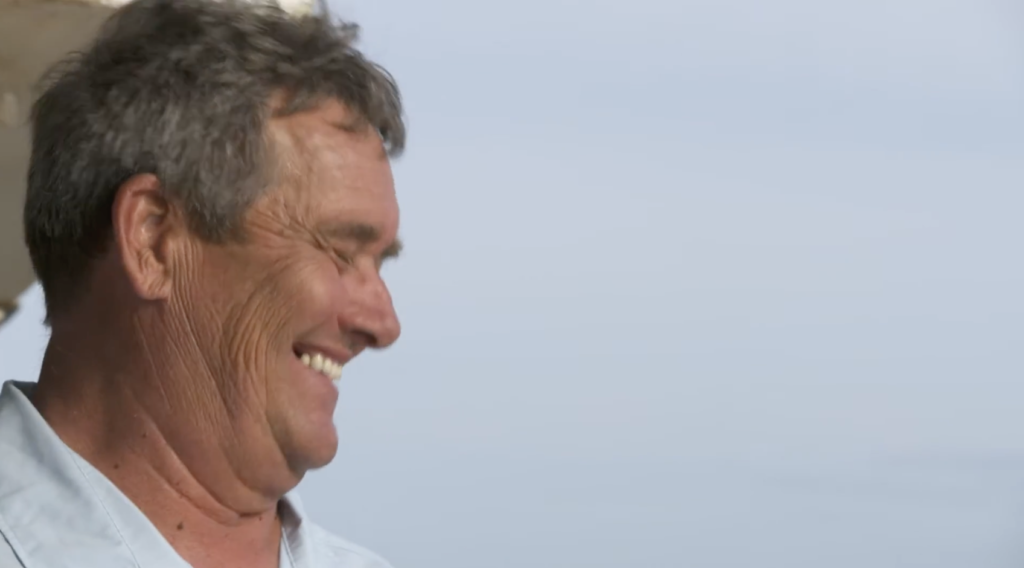
Presentation of Abundant Seafood’s sustainable CSF approach to fishing with Mark and Kerry Marhefka. More about abundant Seafood here: https://www.abundantseafood.co